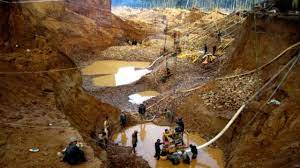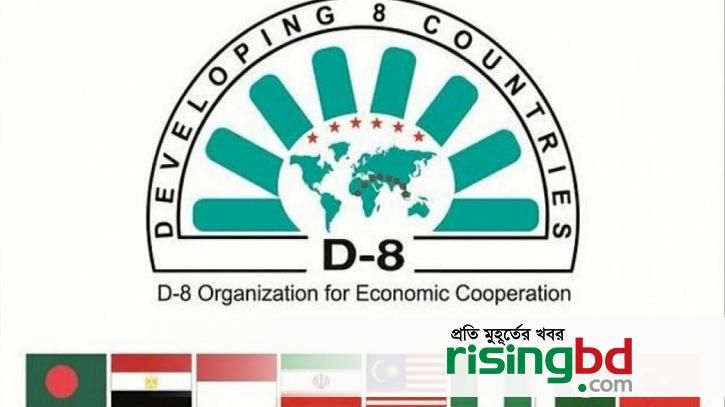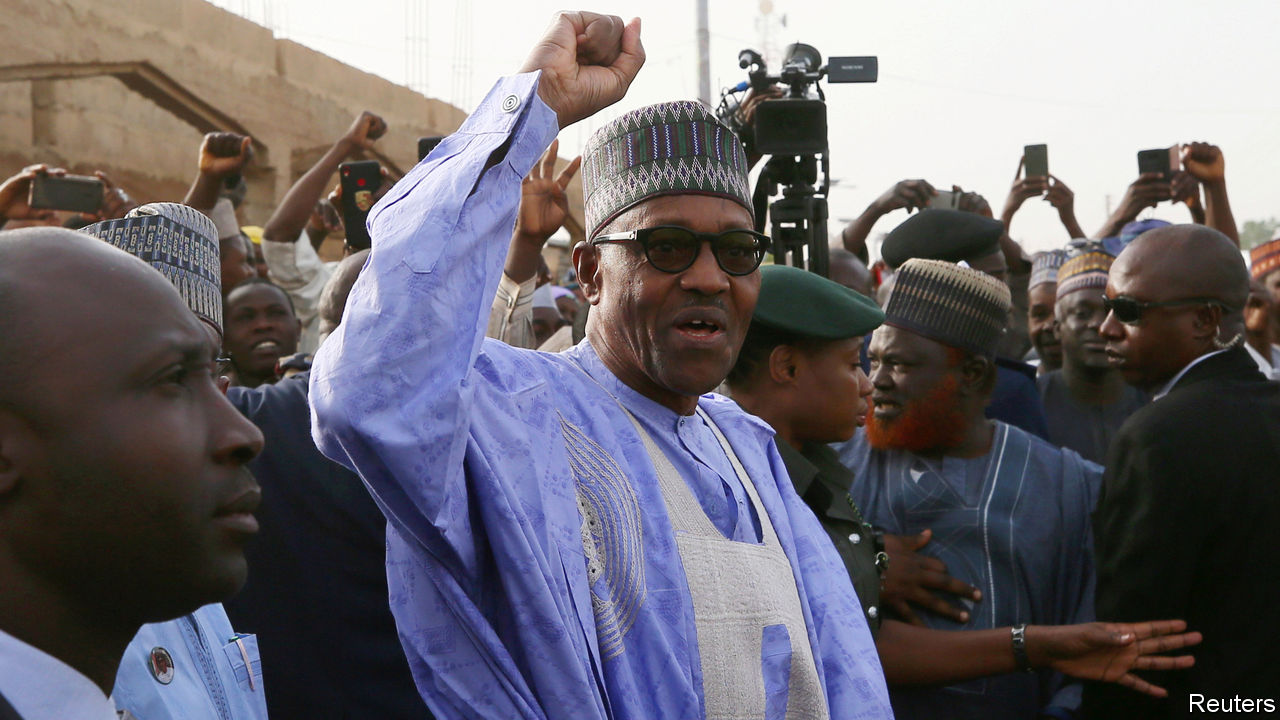Nigeria’s government has announced it will only grant new mining licenses to companies committed to process extracted minerals locally, signaling a major shift from the West African country’s long-standing policy of exporting raw materials.
Under new guidelines being developed by Nigeria’s government, the new mining licenses will only be granted to those firms that present a feasible plan on how minerals would be processed locally, Segun Tomori, a spokesperson for Nigeria’s minister of Solid Minerals Development confirmed on Thursday (28 March). With this new proposed policy, Nigeria follows other African governments that have already taken concrete steps to extract more value from their solid mineral deposits. To attract more investment into the mineral processing sector, Nigeria will offer prospective investors incentives including tax waivers for importing mining equipment or allowing full repatriation of profits and boost security. ”In exchange, we have to review their plans for setting up a plant and how they would add value to the Nigerian economy,” the spokesperson said without specifying when the guidelines would come into effect.
Nigeria’s minister of Solid Minerals Development, Dele Alake, who also chairs an African Mining Strategy Group comprising mining ministers from Botswana, DRC, Namibia, Sierra Leone, Somalia, South Sudan, Uganda and Zambia, is pushing for a continent-wide effort to get maximum local benefit from mineral exploration. Nigeria, Africa’s top energy producer, has lagged behind, compared with many other Asian countries, in extracting value from its vast mineral resources due to poor incentives and neglect. One of the new government policies aimed at improving this situation, for example, seeks to regulate artisanal miners, who dominate the sector, by grouping them into cooperatives. In 2023, Nigeria exported mostly tin ore and concentrates worth about $109 million, mainly to China and Malaysia, according to the country’s statistics bureau.



